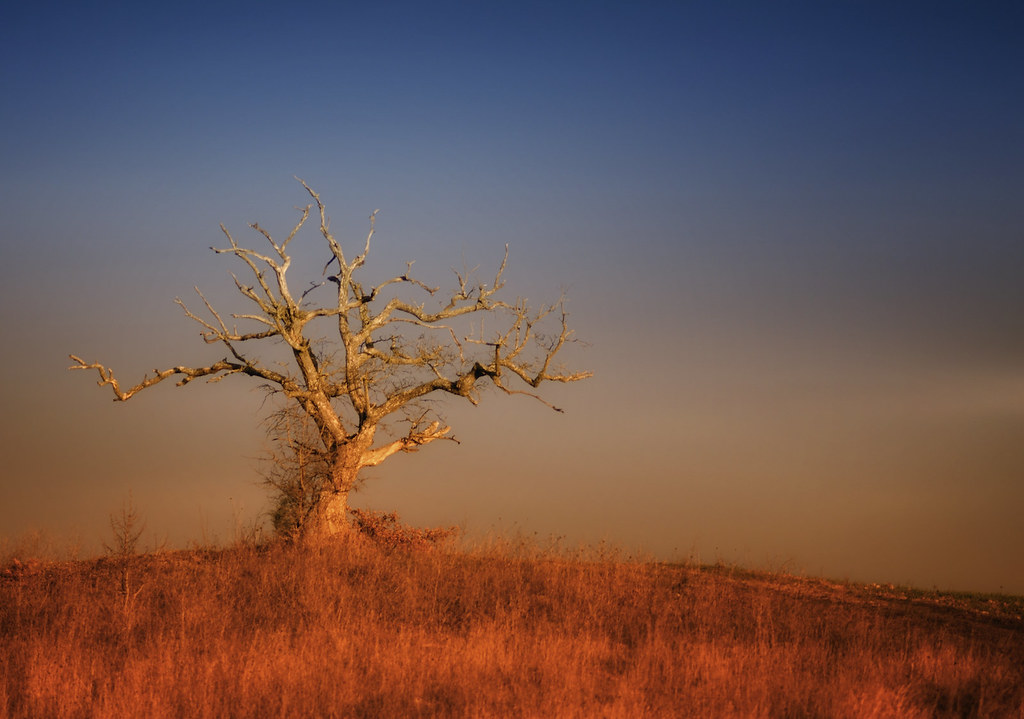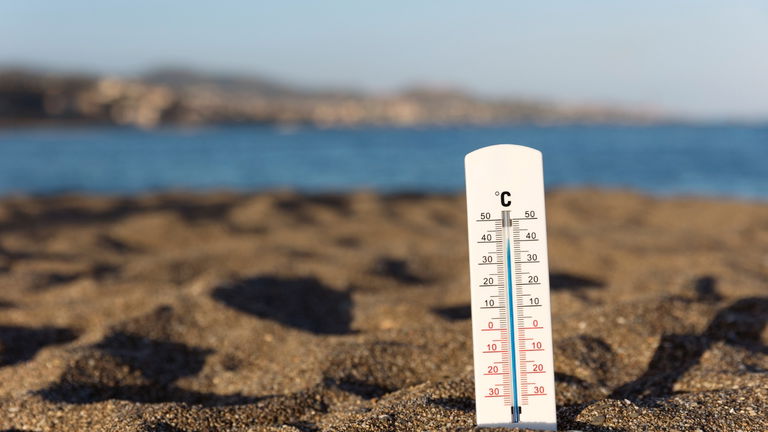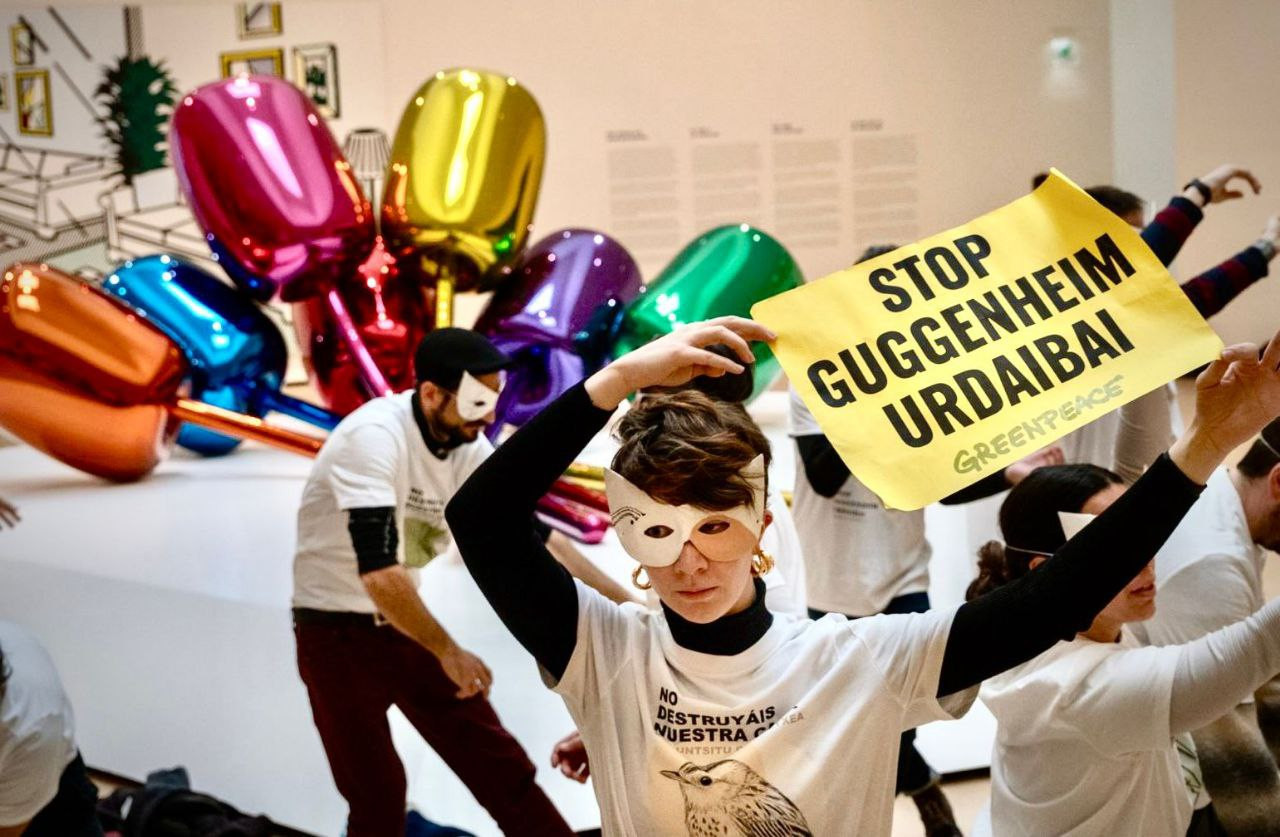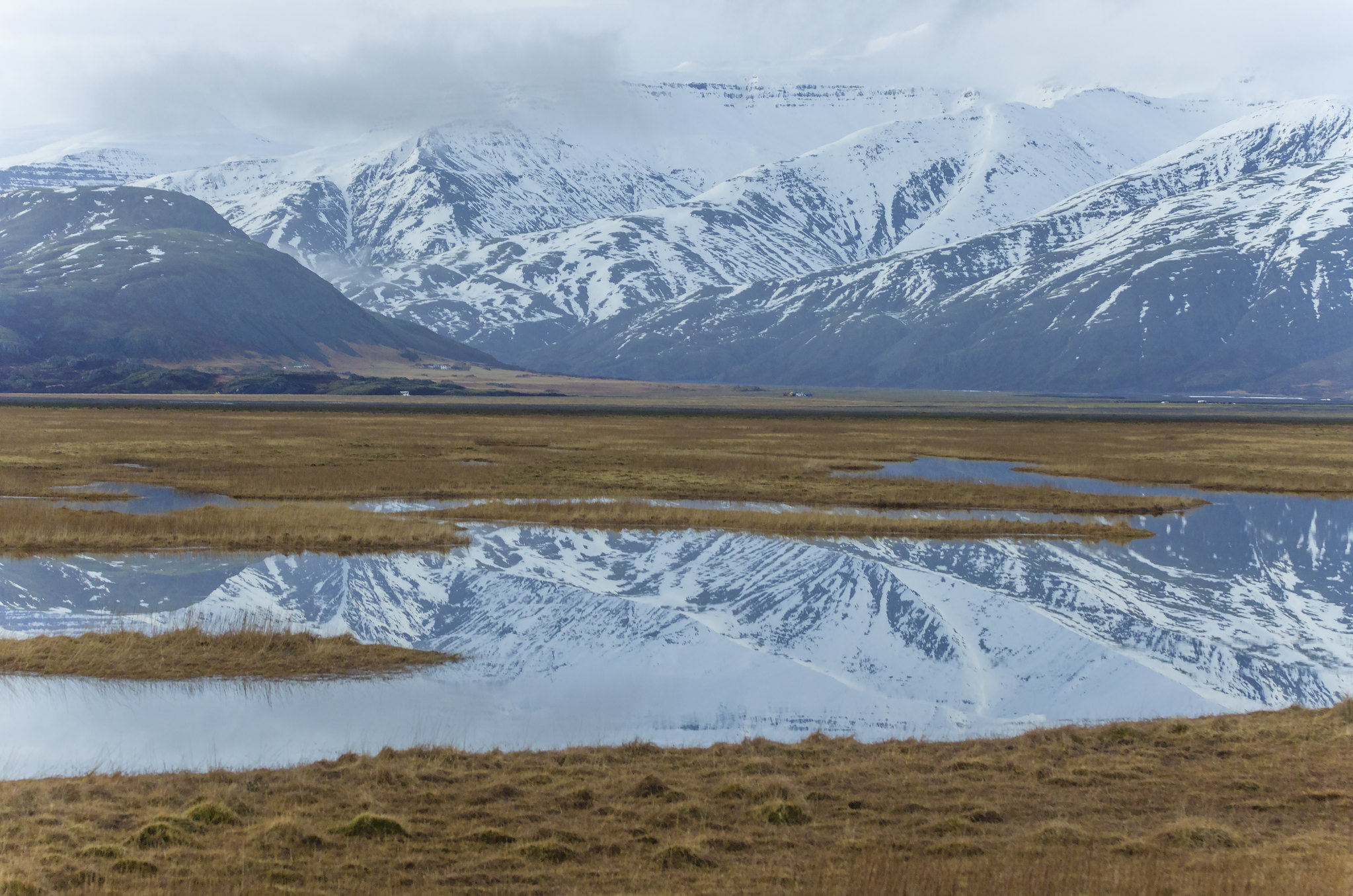"Climate change is an opportunity to base life on new values"
- Rafa Aldai looks with her glasses of proximity to climate change, at the consequences it has on our local scale – cities and towns. Like the problem, it considers that part of the solution is on the ground, at least in terms of adapting to what is coming. And it's clear that the phenomenon, if it's OK, should bring about a radical change in our values and ways of life.

Climate change has been described as a global problem. Is it also local?
Yes. We begin to suffer clear consequences: increased temperatures, increasingly frequent heat waves, increased extreme phenomena, increased sea level... Each of them has direct consequences. The increase in temperature, for example, affects people's health, can alter the quality of water and can harm the crop. Heat waves increase immortality. Climate change can also lead to new diseases. It also influences economic activity, such as snow tourism, and some productions.
Is it easier to raise people's awareness when the problem is close?
Measures such as organisation, construction, education must be combined and energy poverty must be combated. Climate change is closely related to energy management, 70% of emissions are associated with energy. Therefore, if regulations are tightened up and the energy sector is becoming more and more limited, it is possible that those with the least economic resources are the hardest hit. Compensation will be required to ensure that the increase in energy is not detrimental to the lower classes.
Therefore, does climate change, which a priori seems neutral, not affect us all equally?
No, by no means. It is an added injustice, both on the North-South axis and in our own society. It is the societies of the North that have caused the acceleration of climate change, but it is the societies of the South that are suffering the greatest damage, and it is also the societies that have the least means to deal with them.
.jpg)
For local problems, local solutions?
Yes. There are two strategies for climate change. One is to reduce greenhouse gases, that is, to address the cause of the problem. This action needs a global character: If Pamplona were to reduce emissions to zero, it could not influence the source either, as the key lies in the global discharge. The second strategy is adaptation: climate change is here, it is essential to adapt to it. This adaptation mainly concerns local strategies.
What strategies are those?
For example, Pamplona can adapt to climate change, adapting its public spaces to the rise of temperature. In the face of river floods, the Basque Government could set up flood warning systems. In short, in developing any plan, the key is not to focus on the current situation, but on the future. Imagine you're going to plant trees: you should plant trees that are adapted to the climate of the future. Palm trees for birch. The same is true for buildings as for roads.
In any case, they are all measures of adaptation to what is coming. Can't you avoid it?
One thing is clear: in a few years’ time we will live on a different planet, and it is up to us to do everything in our hands to minimize suffering. It is necessary to do so at Community level, as a group, because it is one of the greatest guarantees. There is one curious thing: in the face of disasters (Tafalla or Hurricane Katrina), people give their best of themselves and far exceed the emergency plans of the administrations. We need to deepen that strength. Climate change is an opportunity to base life on new values, moving away from the values that have so far inspired our society.
How are we going down that road?
A journalist from The Guardian, following the Paris agreements, said something like this: “We’ve made a lot of progress, but it’s very little for what we need.” Until recently, we were talking about information drought. Now, instead, there is a movement driven by young people, and especially by young women, and everything is being mobilized. We are hearing many statements from the institutions. Social mobilization should be able to enforce its content. Fortunately, there's awareness, but the speed of climate change is so fast that we don't know if we're going to have time. It is essential to change the economic model.
Is there a will to do so?
In the Basque Country, the only time at which emissions have been reduced was the economic crisis. It is therefore clear that climate change is intimately linked to this model that continually seeks to increase consumption. How can we get out of this system? How do we get cities like Pamplona or Bilbao to reduce their carbon footprint to zero? We're going to close the car factories, all right, and what are those workers going to live from? Or there is solidarity to help the sectors affected, or ... That means giving up a lot of things.
But do we have to do it?
Yes, it is necessary. Above all, certain false values and rights must be abandoned. I've heard somebody say: “I have the right to travel.” No, no! You're entitled to a happy life, but you may be restricted by travel because you've exceeded your emissions. We have a right to mobility, of course, but for sustainable and public mobility, not for private cars. Rather than exotic travel, we should start to value close knowledge. We have the opportunity to make a radical change in our life, necessary. Let us hope that it will go on time.
am an environmental educator and I am working on issues related to climate change in the public society Lursarea of Navarra. I've been working in this field for a long time, before at the Environmental Resource Center of Navarra. I’ve been an ecologist and, to some extent, I’m still an ecologist.”
Lurrak guri zuhaitzak eman, eta guk lurrari egurra. Egungo bizimoldea bideraezina dela ikusita, Suitzako Alderdi Berdearen gazte adarrak galdeketara deitu ditu herritarrak, “garapen” ekonomikoa planetaren mugen gainetik jarri ala ez erabakitzeko. Izan ere, mundu... [+]
Eskola inguruko natur guneak aztertu dituzte Hernaniko Lehen Hezkuntzako bost ikastetxeetako ikasleek. Helburua, bikoitza: klima larrialdiari aurre egiteko eremu horiek identifikatu eta kontserbatzea batetik, eta hezkuntzarako erabiltzea, bestetik. Eskola bakoitzak natur eremu... [+]
Agintari gutxik aitortzen dute publikoki, disimulurik eta konplexurik gabe, multinazional kutsatzaileen alde daudela. Nahiago izaten dute enpresa horien aurpegi berdea babestu, “planetaren alde” lan egiten ari direla harro azpimarratu, eta kutsadura eta marroiz... [+]
Biologian doktorea, CESIC Zientzia Ikerketen Kontseilu Nagusiko ikerlaria eta Madrilgo Rey Juan Carlos unibertsitateko irakaslea, Fernando Valladares (Mar del Plata, 1965) klima aldaketa eta ingurumen gaietan Espainiako Estatuko ahots kritiko ezagunenetako bat da. Urteak... [+]
Nola azaldu 10-12 urteko ikasleei bioaniztasunaren galerak eta klima aldaketaren ondorioek duten larritasuna, “ez dago ezer egiterik” ideia alboratu eta planetaren alde elkarrekin zer egin dezakegun gogoetatzeko? Fernando Valladares biologoak hainbat gako eman dizkie... [+]
Eskoziako Lur Garaietara otsoak itzularazteak basoak bere onera ekartzen lagunduko lukeela adierazi dute Leeds unibertsitateko ikertzaileek.. Horrek, era berean, klima-larrialdiari aurre egiteko balioko lukeela baieztatu dute, basoek atmosferako karbono-dioxidoa xurgatuko... [+]













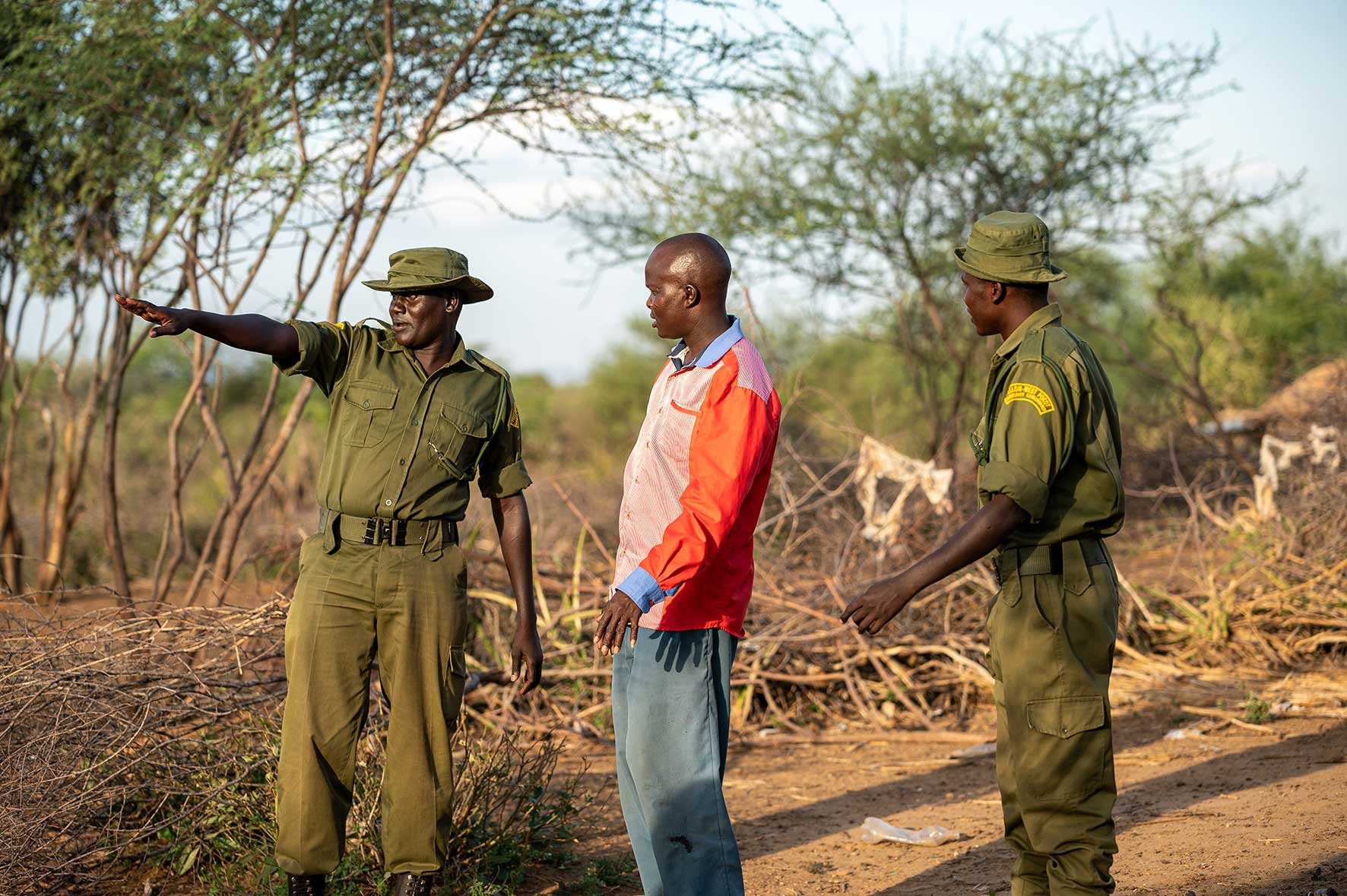
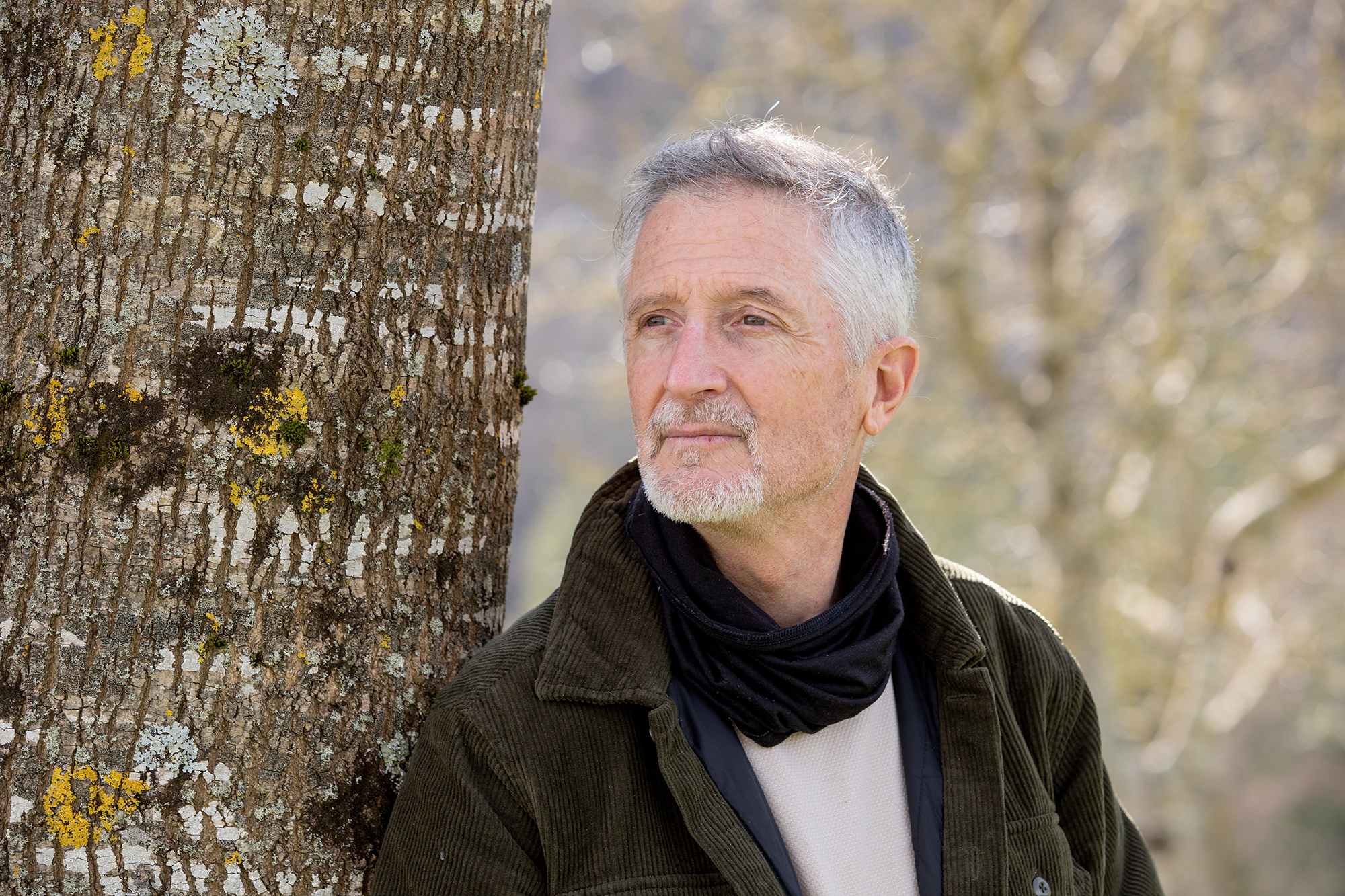


_Glaciar.png)
